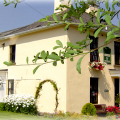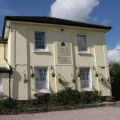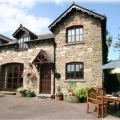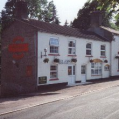
|
|||||

Hippo The Watersaver
 is the simple, proven and low cost water saving device to help conserve water i.. is the simple, proven and low cost water saving device to help conserve water i..
Gallery 54 - Ross on..
 Contemporary abstract art, ceramics and glassware Contemporary abstract art, ceramics and glassware
Life Changing Activi..
 Fun, adventure, and personal growth in the Great Outdoors Fun, adventure, and personal growth in the Great Outdoors
|
Parkend
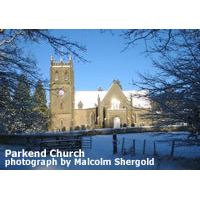
A pleasant and thriving small village in the heart of the Forest. Once a thriving coal mining centre, the village is now a peaceful backwater surrounded by woodlands, one of which is the RSPB Nag's Head Nature Reserve. There are delightful village pubs, and a cricket pitch right in the centre of the village, ideal for spending a lazy summer's afternoon. The parish of Parkend was founded in 1822, previous to which the area was part of the Royal Hunting Forest. Only a few cottages existed in Parkend until 1850, with the coming of commercial iron-making, with furnaces that could use coke made Parkend an important industrial centre. Much of the present day village was built as a result. Parkend had plenty of coal, making it well placed to serve a new ironworks with a coke blast furnace in 1799. A waterwheel remained in use long after steam engines had taken over elsewhere. There are many places of interest within Parkend. The octagonal shaped church was built in 1822. The Memorial Hall, built in 1919 in memory of those killed in the first World War, Parkend County Primary School, built in 1822, a fine feature being the Gothic style window frame, which has been replaced several times during the history of the school. The village also has Inns, craft shops, several listed buildings, and a village walk leaflet. The Dean Field Studies Centre became the first Forestry Training School in 1908. The four storey building is now a Grade II listed building.
Churches
St. Paul's Church is one of the more unusual churches built in the 1800's. It is beautifully situated on the edge of Parkend in a forest clearing. The shape provides the point of interest in being octagonal and cruciform, with the arms formed by the sanctuary, north and west transepts and west tower. It was built in 1822 by Henry Poole, a local priest, who raised most of the money for building it through public subscription.
Schools
Parkend County Primary School
Nearby Accommodation
|
||||
|
|
|||||
